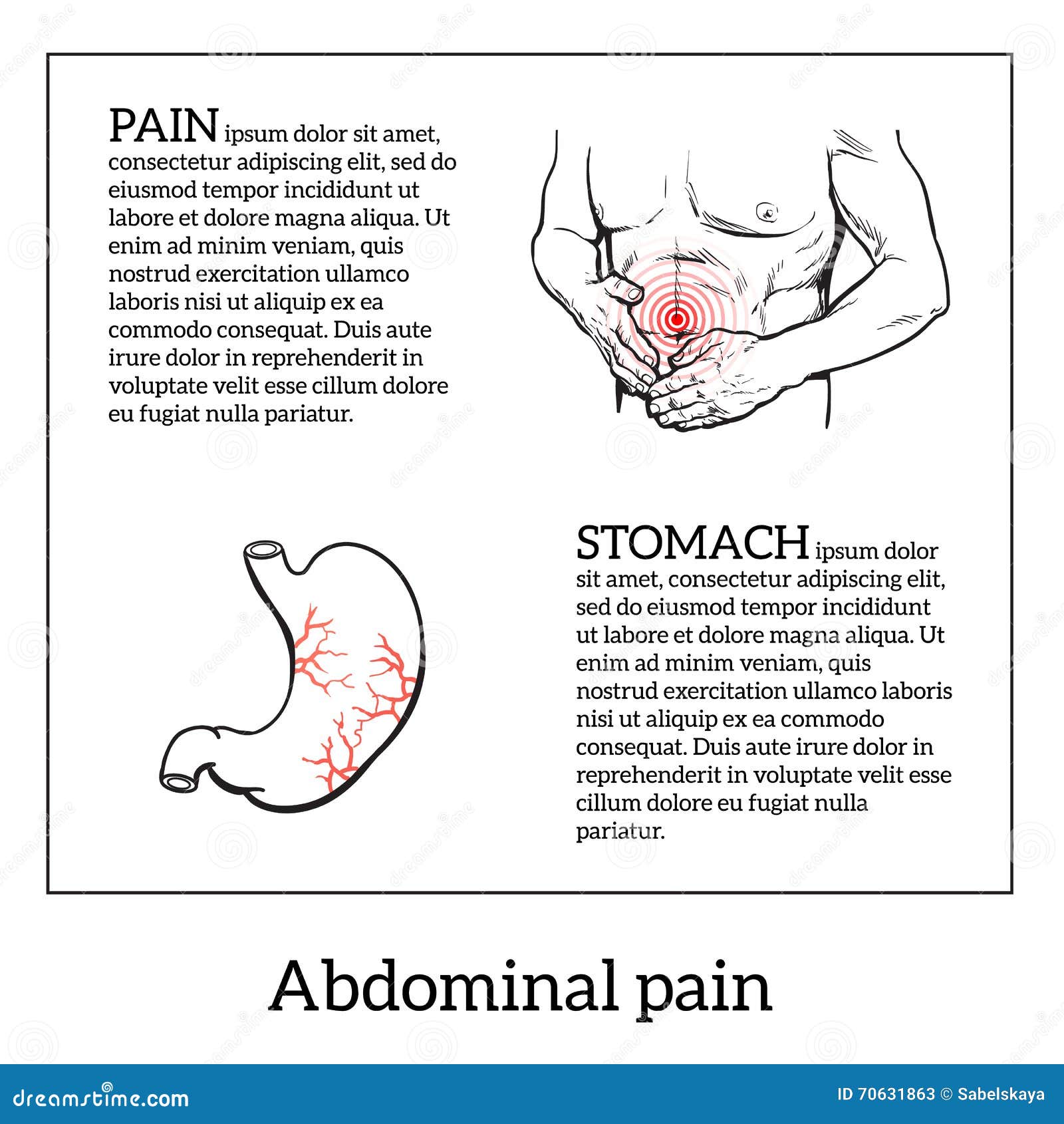
You’re unable to completely pass the stool. If you’re going longer than three days between poops, the feces will keep getting harder and drier, and it will keep getting more and more difficult to empty your bowels.Ĭonstipation is chronic if you’ve had two or three of these issues in the past three months: Constipation happens when it’s sometimes challenging to have a bowel movement, or you don’t have one at all.Ĭhronic constipation is a sign that something is wrong. If you don’t drink enough water, don’t get proper exercise, overuse laxatives, take antidepressants, eat large amounts of dairy products, or eat junk food, you may occasionally experience constipation. It is best to see a gastroenterologist so that your problem can be professionally evaluated. It could suggest IBS, celiac disease, gallstones, Crohn’s disease, ulcerative colitis, or GERD (Gastroesophageal reflux disease). Painful bloating that suddenly happens without explanation and is accompanied by bloody stools, nausea, or painful bowel movements is not normal. A rapid gain in girth means that your stomach is bloating because it’s retaining gas. If you suddenly can’t button pants that fit fine a few days ago, bloating could be the culprit. Barrett’s Esophagus – Changes in the tissue of the esophagus lining. Gastroesophageal reflux disease (GERD) – GERD is a backflow of stomach acid into the esophagus. Esophagitis – Inflammation of the esophagus lining. You should call a gastroenterologist if you have heartburn and develop these signs of a more serious condition: Typically, heartburn can be caused by irritants such as alcohol, spicy foods, carbonated drinks, fried foods, and cigarettes. It usually happens when stomach acid backs up into the esophagus. You Have Frequent HeartburnĪs its name suggests, heartburn is a burning pain in the center of your chest. Your gastroenterologist may perform an upper endoscopy to diagnose the issue. These thwart the esophagus’ ability to transport food or liquids to the stomach. 
If you even have difficulty swallowing water, it could signify a serious condition.ĭifficulty swallowing could indicate acid reflux damage to the esophagus, esophagus muscle weakness, a lesion, or anything that causes the esophagus to narrow.

Frequent throat pain or swelling are also indications that you should see a gastroenterologist. See your gastroenterologist if you have persistent difficulty swallowing (dysphagia) or a steadily worsening lump in your throat. Here are 11 signs that you should see a gastroenterologist. The condition may become worse or even life-threatening.Ī gastroenterologist is an expert in gastrointestinal ailments and is trained to diagnose and treat them. While it may be tempting to wait and see if they go away or diminish, but this is a gamble you shouldn’t take. If you’re experiencing unusual digestive issues or new pain and discomfort in your digestive tract, it’s best not to ignore them.






 0 kommentar(er)
0 kommentar(er)
